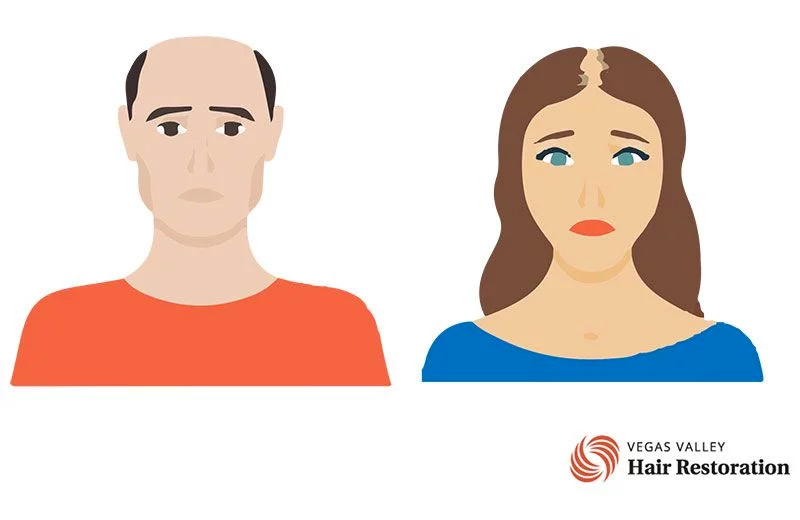Female Hair Loss

Hair loss in women can be absolutely devastating for the sufferer's self image and emotional well being. Mistakenly thought to be a strictly male disease, women actually make up forty percent of American hair loss sufferers.
Women experiencing hair loss frequently suffer in silence. It is far more acceptable for men to go through the same hair loss process. For some men, bald is beautiful. But for no woman can the same be said.
Even more unfortunately, the medical community also treats the issue of women's hair loss as if it were nonexistent. Alone, hair loss is not life threatening. Typically physicians pay little attention to women's complaints about hair loss and essentially tell their patients that "it's no big deal", and that "you'll just have to live with it."
Of course what these physicians don't seem to realize is that the psychological damage caused by hair loss and feeling unattractive can be just as devastating as any serious disease, and in fact, can take an emotional toll that directly affects physical health.
Medical treatment of hair loss in women typically involves a hormonal evaluation to rule out certain underlying causes. After that, medical treatment may include topical Rogaine, as in men. And for some women, the use of spironolactone may be advisable as well.
NeoGraft® automated follicle unit extraction (FUE) is a useful adjunct for many women with this female pattern hair loss.
Alopecia is the medical term for excessive or abnormal hair loss. There are different kinds of alopecia. What all hair loss has in common, whether it's in men or women, is that it is always a symptom of something else that's gone wrong in your body.
Your hair will remain on your head where it belongs if hormone imbalance, disease, or some other condition is not occurring. That condition may be as simple as having a gene that makes you susceptible to male or female pattern baldness or one of the forms of alopecia areata, or it may be as complex as a whole host of diseases.
Fortunately, hair loss may also be a symptom of a short-term event such as stress, pregnancy, and the taking of certain medications. In these situations, hair will often (though not always) grow back when the event has passed.
Substances, including hormones, medications, and diseases can cause a change in hair growth, shedding phases and in their durations. When this happens, synchronous growth and shedding occur. Once the cause is dealt with, many times hairs will go back to their random pattern of growth and shedding, and the hair loss problem stops. Unfortuntely, for some women, hair loss becomes a life long struggle.
© 2016 - 2019 Vegas Valley Hair Restoration